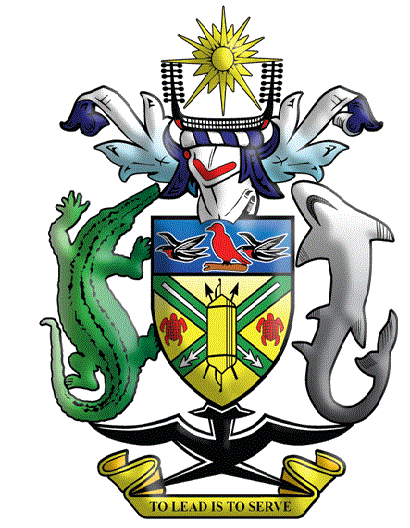Welcome to the Political Parties Commission
Discover the driving force behind democracy in the Solomon Islands. Learn about our mandate, our commitment to integrity, and how we ensure political parties operate within the law. Join us in shaping a transparent and accountable political landscape.
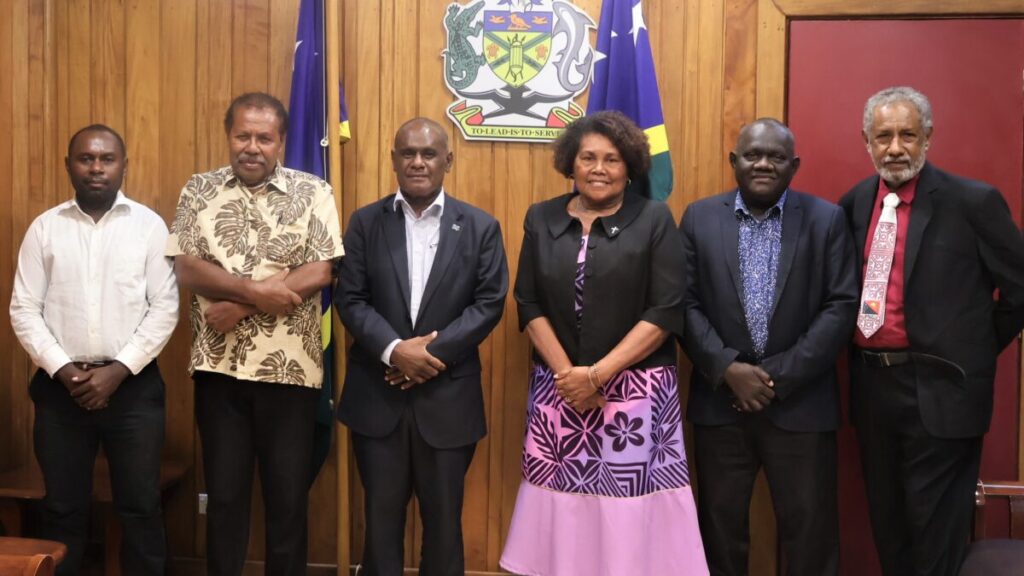
Welcome to the Solomon Islands Political Parties Commission website. Here, you’ll find comprehensive information about the Commission, its responsibilities, and why its work matters to every citizen in the Solomon Islands.
Political Parties Commission was established under the Political Parties Integrity Act of 2014. The Political Parties Commission (PPC) is mandated to ensure political parties in the Solomon Islands adhere to legal requirements and integrity standards. This Act marked a significant step in strengthening democracy in our country, providing a legal framework to regulate political parties and define their roles and responsibilities.
Political parties are crucial in a democracy, representing groups of individuals with shared ideas and priorities for the country. Through this website, you can learn about the role of political parties, how they operate, and their impact on governance.
Our goal is to enhance knowledge and understanding of the PPC and political parties in the Solomon Islands, fostering a more informed and engaged citizenry. We believe that by empowering citizens with information, we can strengthen our democracy and ensure accountability among political parties.
Political parties are corporate bodies operating under democratic principles and values. They are formed by a group of individuals who share ideas and a common approach on what should be the priorities to be implemented in the country.
Taeasi Sanga
Chairperson, Political Parties Commission
What does the Political Parties Commission do?
The first job of the Commission is to study, review and monitor the policies that regulate the political parties and make new ones if needed. The Commission meets at least once every three months.
In addition, the Political Parties Commission:
The PPC ensures that the Register of Political Parties are up to date. Members of the public can consult it at certain times and places.
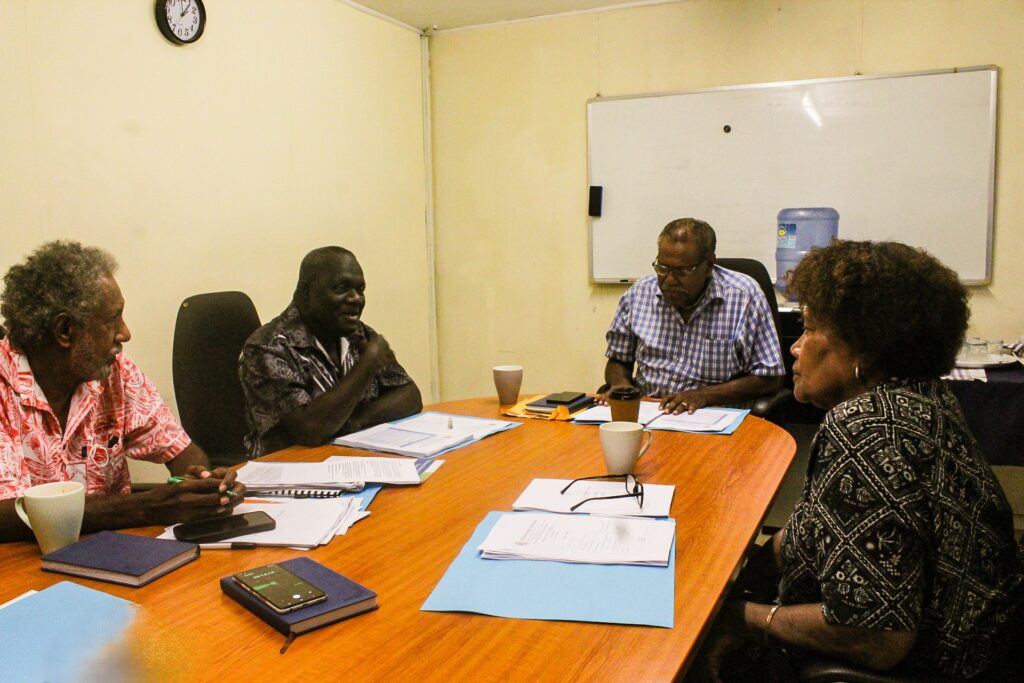
The Commissioners
Meet our team of 5 Commissioners
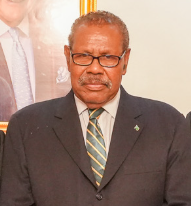
Mr. Victor Ngele
Chairman
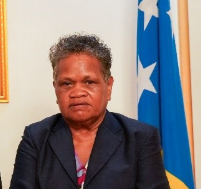
Ms. Taeasi Sanga
Commissioner
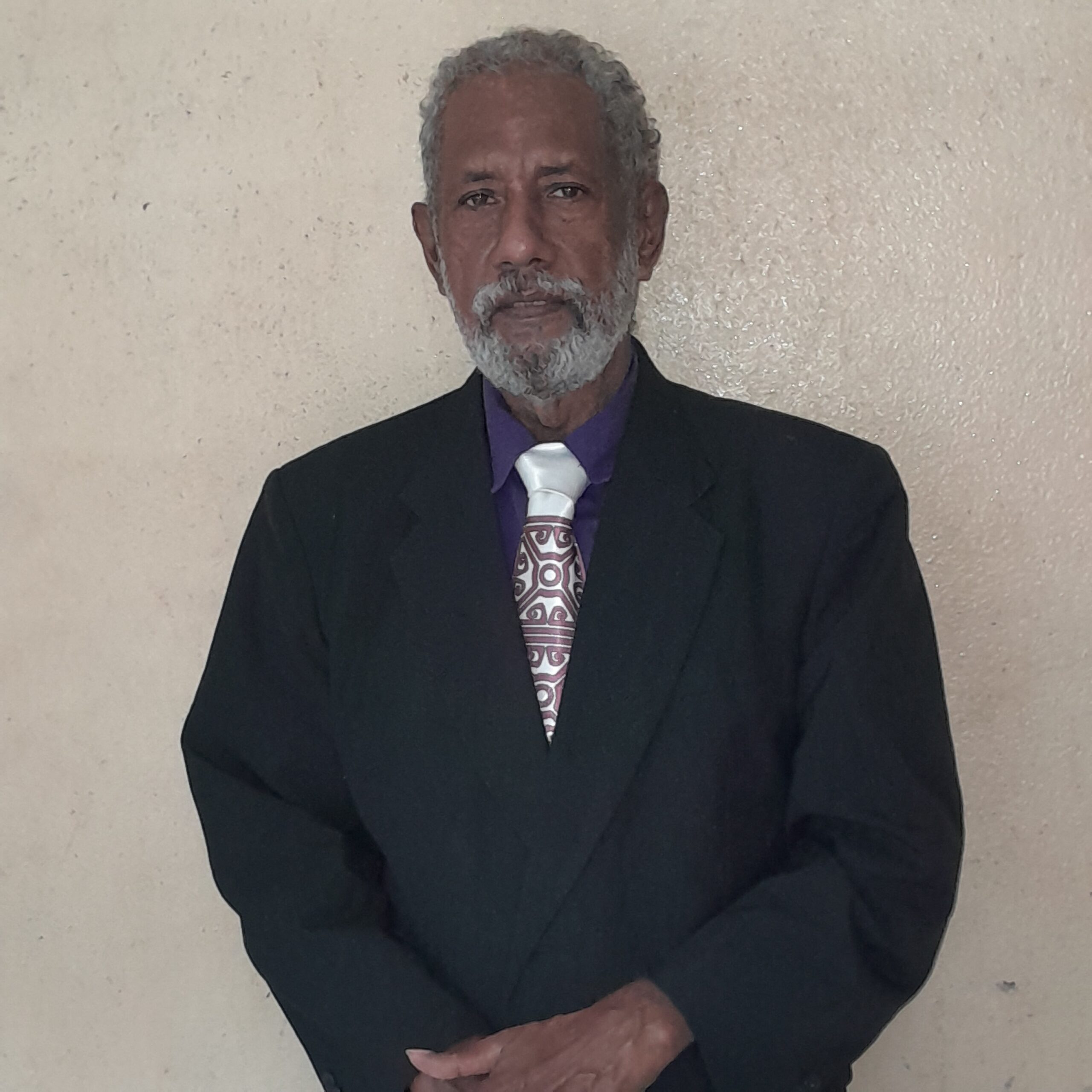
Mr. Frank Paulsen
Commissioner
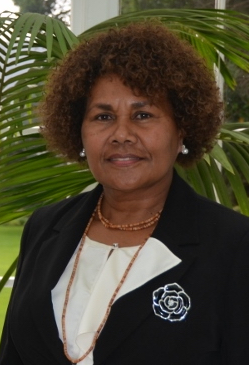
Lady Joy Kere
Commissioner
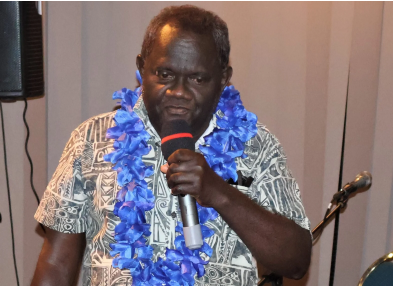
Mr. James Remobatu
Commissioner
Who can be a Commissioner?
The Commission is comprised of five members who are appointed for a three year term by the Governor General on the recommendation of the Prime Minister and the leader of the Opposition. They can be reappointed only twice. Accordingly, the maximum period for a Commissioner to remain in office is 9 years. It is the Prime Minister who recommends to the Governor General the name of theperson who serves as the Chairperson of the PPC.
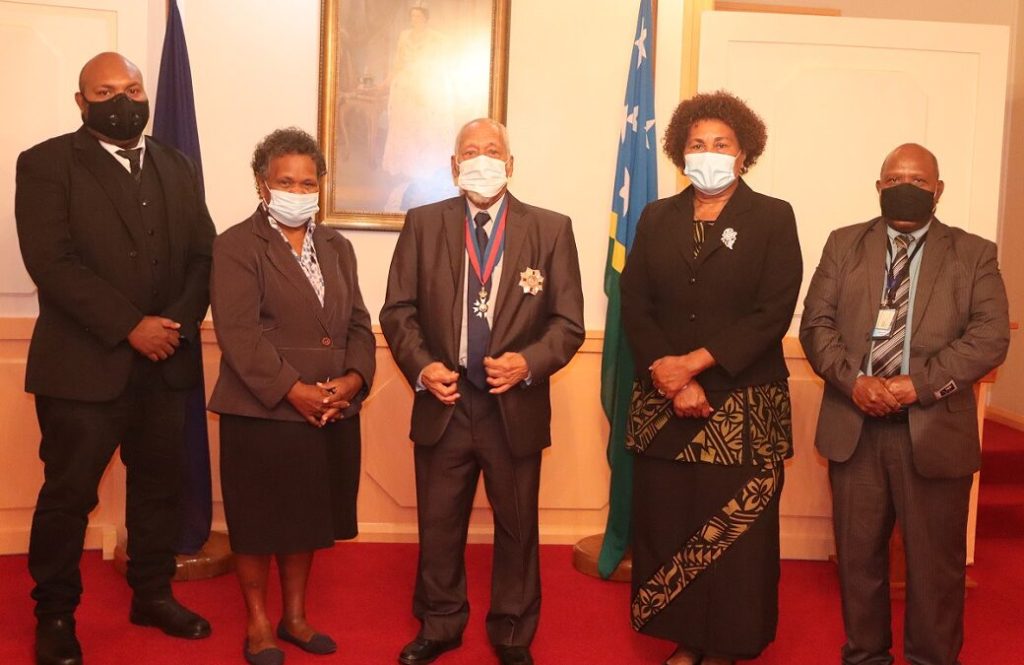
A Commissioner must:
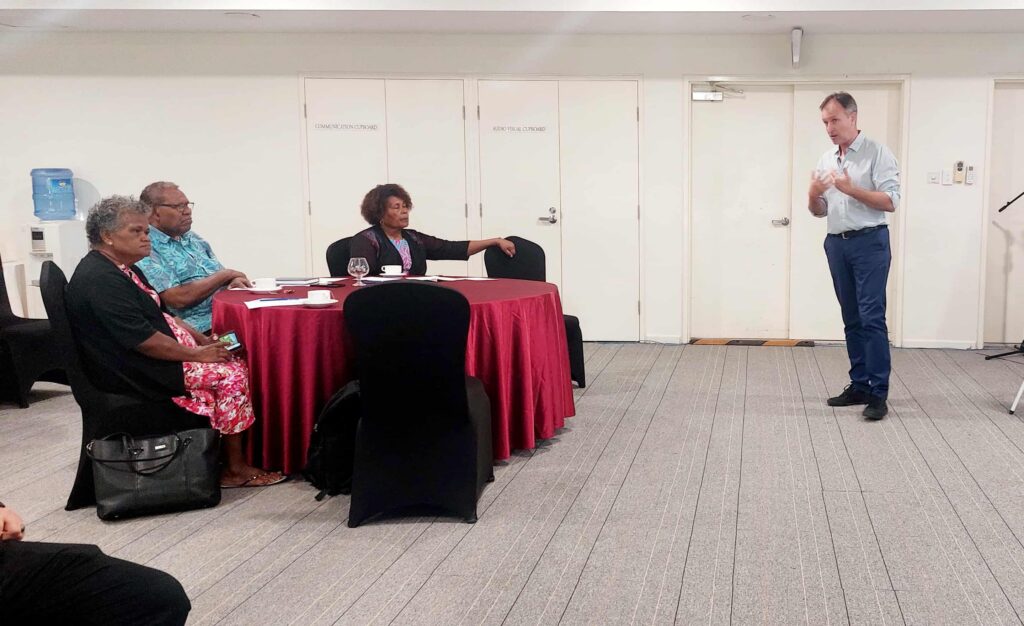
A Commissioner must not:

